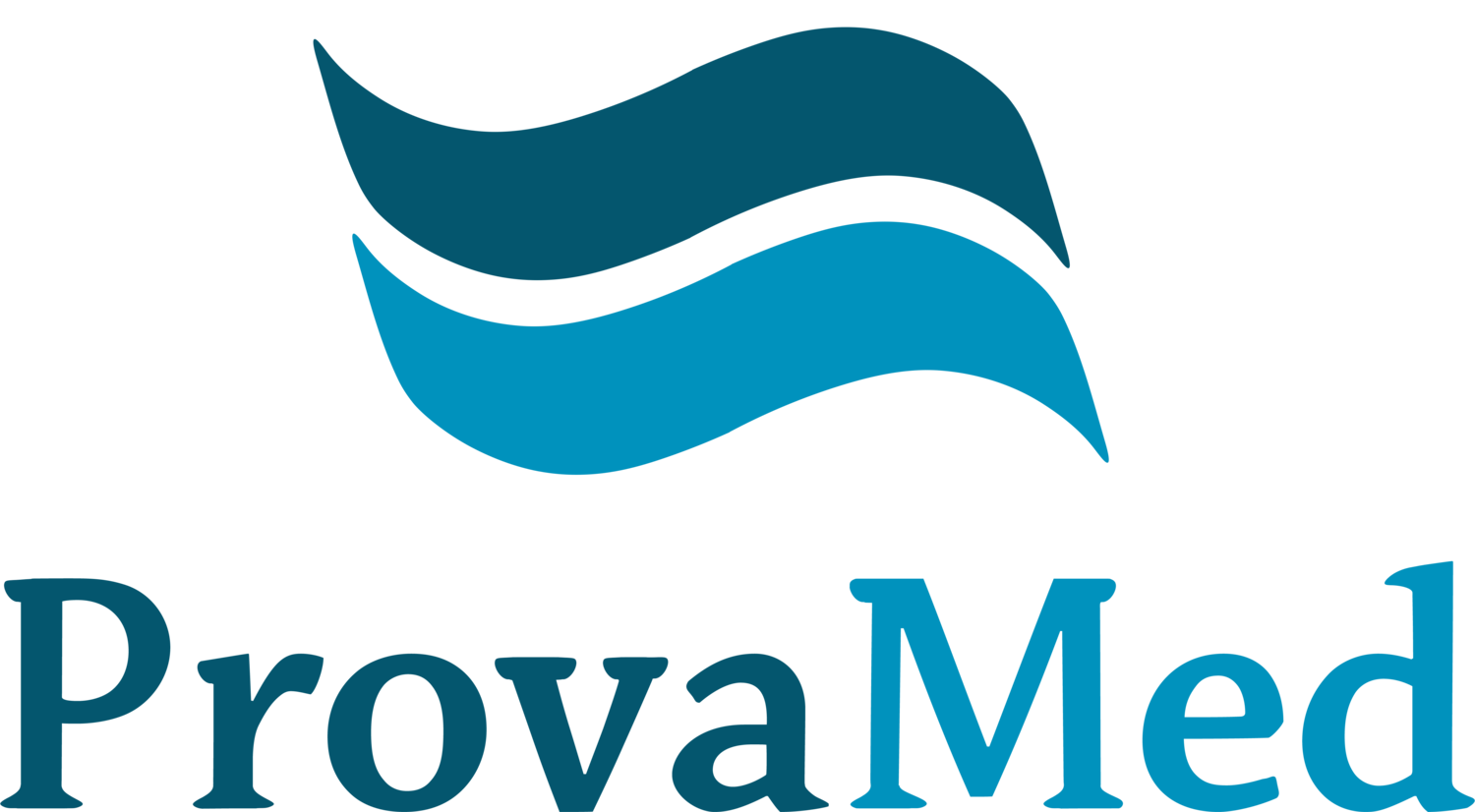What is Dysphagia?
Someone with dysphagia, quite simply, has trouble swallowing.
“Signs of dysphagia include difficulty chewing, controlling liquids, a sensation of residue or retention in the mouth or throat, and aspiration – or ‘going down the wrong way,’” says Tiffany Mohr, speech pathologist at Orlando Regional Medical Center, with board certification specializing in swallowing. “Some people also have trouble coordinating breathing and swallowing, while others may have fatigue from eating and drinking.”
Mohr says people with cognitive difficulties or dementia may also hold food in their mouth or chew without swallowing.
It’s important to understand that dysphagia is not a diagnosis as much as it is a condition secondary to another primary condition. “Dysphagia doesn’t develop without a different cause,” she explains.
Patients who present with dysphagia will likely be given a swallowing test to help pinpoint the cause. “Typically, the patient is seen for either a clinical swallowing evaluation or instrumental evaluation. Based on the performance in that evaluation and what is known about the patient’s medical history, recommendations are made,” says Mohr. “Usually those recommendations represent a balance between safety with swallowing and quality of life.”
In the past, one approach included the addition of thickening agents to drinks, so the patient would be less likely to aspirate the liquid and choke. Thickening can create a number of problems, however. Coffee lovers don’t like the different texture, and soda drinkers complain that the thickeners remove the bubbly effect. Sometimes the dissatisfaction with thickened liquids results in a patient drinking less, which is also problematic. “Also, if the thickened liquid is aspirated, or ‘goes down the wrong pipe,’ it’s thicker to have to cough up and eject. In some cases, aspiration of thicker liquids can result in inflammatory changes in the lungs, which are not seen if they aspirate thinner liquids,” says Mohr.
“The Provale Cup means there’s one less thing you have to think about.”
The Provale Cup helps avoid the use of thickened liquids by regulating the volume being swallowed at one time, so people aren’t impulsively chugging. “There’s an automaticity to eating and drinking,” says Mohr. “You pick up your food or drink and you don’t really think about it. To have to think about volume without a cup that does it for you is difficult, especially in a social situation, when you are talking to others and distracted. The Provale Cup means there’s one less thing you have to think about.”
Another strategy to help with dysphagia is positioning of the head. “Chin tucks, head turn, and head tilts are all strategies that help some patients,” says Mohr. “The evaluations can result in several strategies that work together for safer swallowing.”
If you are having trouble swallowing or are experiencing any symptoms of dysphagia, see a doctor for complete testing and diagnosis.

